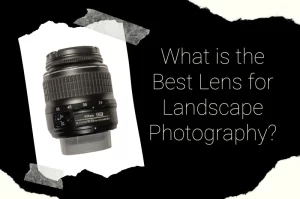How do you become a photographer? That seems like a very relevant question for someone like me to answer and it’s high time that I addressed this question. The answer may be much simpler and more complicated than you think. Are you ready? Let’s dive in this one.
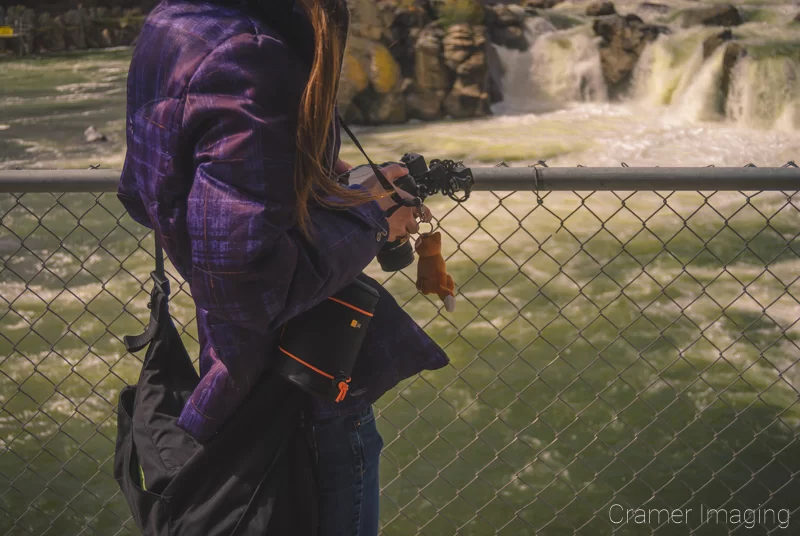
Let’s start out with some ground rules. Becoming a photographer is not as clear-cut as becoming a doctor requires a medical degree or becoming a lawyer requires passing the bar. You don’t even have to complete an internship as you would in most trades like electricians, plumbers, and carpenters. There are no required fields of study, tests, or internships which you must complete/pass to prove yourself worthy of the title. Please note that I’m saying a photographer, not a professional photographer here.
Becoming a Photographer
Becoming a photographer is actually as easy as getting a camera (even a cell phone camera might do), going out and taking pictures, and giving yourself the title. It really is that simple and that easy. Please bear in mind that these steps will qualify you to call yourself a “photographer” but not a “good photographer” or even a “professional photographer.” If you want one or both of those titles, you will need to do much more.
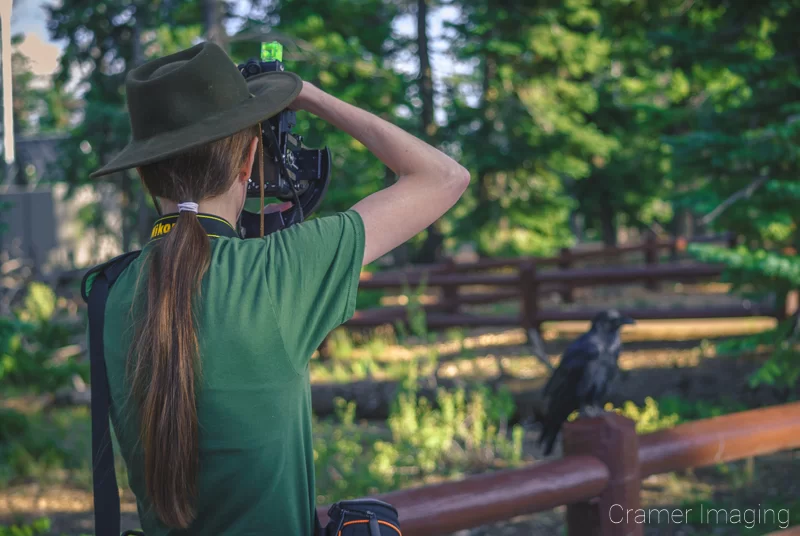
Becoming a Good Photographer
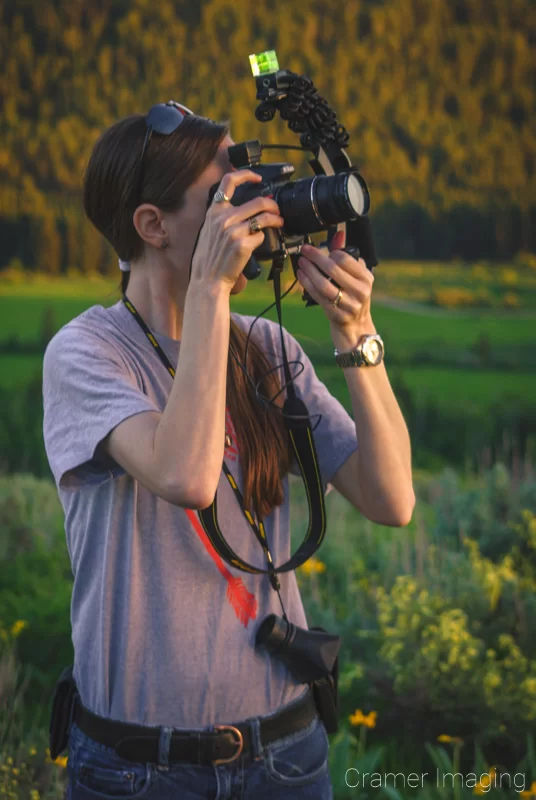
Now that you’ve decided to pursue photography, you will probably set your sights on becoming a first-rate photographer. This is the part where I tell you that it will not be an easy path. It will be a simple path but it won’t be easy nor quick.
You will need to go out and take lots of pictures. Lots and lots of pictures. Through taking all of these pictures you will start on the path. Be prepared to take lots of bad photos too, especially early on. Henri Cartier-Bresson had something to say about this.
You will need to find someone who can reliably critique your efforts. This is so you can learn what you did right and where you can improve. I cannot emphasize just how important this part of the learning and growing process is. Family and friends will not be reliable feedback as they will often opt to not hurt your feelings rather than tell you how much the photo(s) in front of them suck. Internet forums are also risky as there are too many trolls out there who will be nasty rather than constructive.
Studies, formal and informal, will also help you to improve. If you can’t afford a photography class from a local college or local photographer offering one, then you can easily learn much of what you need to know in the internet. There are so many resources out there for free which you can use. I even offer some myself in my Photo Tips series.
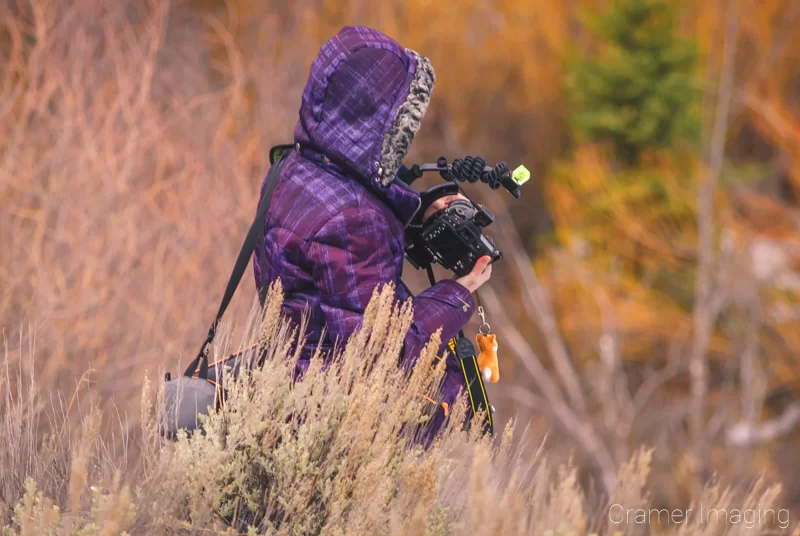
Please remember that the ONLY way to get better at photography and be able to call yourself a “good photographer” is to keep practicing. Take thousands of photos on a wide variety of subject matter. Learn how your camera operates and make it work to your advantage. Then take lots more photos.
Becoming a Professional Photographer
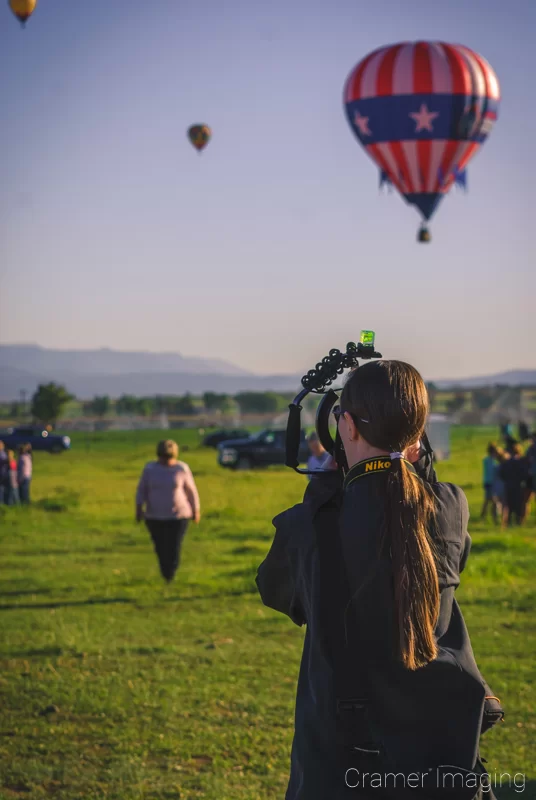
Becoming a professional photographer is as simple as charging money for your photography. It really is that simple of a definition. However, society has a few expectations which we will briefly cover.
First, society expects professional photographers to easily meet the definition of “good photographer.” I daresay you might need to start meeting the definition of “great photographer” before most people will be willing to pay you money for your photography.
The second part is that often there are laws in place which define what you must do if you want to become a professional photographer more than just occasionally (think part-time or full-time job). Often these requirements include business licenses which you must file for and other aspects of setting up a business which you must also complete. Failure to follow these legal requirements will be costly for you and your budding professional photography career.
Third, you must consistently create a kind of photography which people are willing to pay you money for. Wedding and portrait photography are always on that list. Certain kinds of stock photography also sell. Exceptional landscape photography will also sell. Many kinds of “edgy” photography may not.
Conclusion
Becoming a photographer is much easier than it seems. If you want the title of “photographer,” it’s yours. Have fun calling yourself a photographer. It’s when you want to do something more serious with photography that the difficulty starts.



